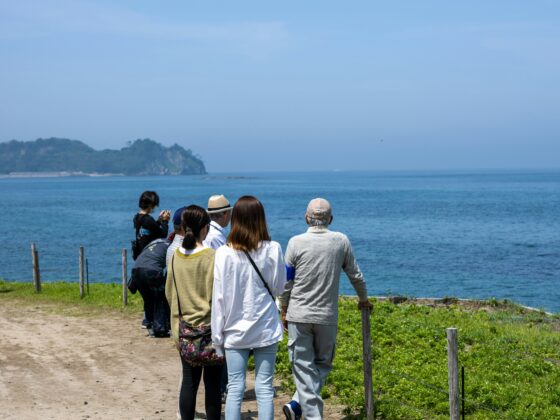
As AI tools like ChatGPT, Perplexity, and Claude become the new search engines, a new kind of optimization is emerging: GEO — Generative Engine Optimization.
Like traditional SEO targets Google, GEO focuses on making your content discoverable and usable by generative AI systems. The goal? To increase the chances that your content is cited, quoted, or referenced in AI-generated answers — especially when tools include source links or use retrieval-based models.
How GEO differs from SEO
While SEO (Search Engine Optimization) focuses on attracting human searchers through keywords, backlinks, and site structure to drive clicks and conversions, GEO (Generative Engine Optimization) targets visibility within AI-generated responses. Instead of ranking on search engine results pages, the goal of GEO is to ensure your content is cited, referenced, or used by generative AI models. This requires content that is highly factual, authoritative, and formatted in ways that are friendly to AI embeddings and retrieval systems. In short, SEO gets you seen by people — GEO gets you seen by machines.
Why GEO is gaining attention
- AI assistants are replacing traditional search for many users
- Publishers, brands, and marketers want their information surfaced in AI-generated responses
- It represents the next evolution of digital visibility in an AI-driven world
Why GEO matters to hotels
- Changing Search Habits: Travelers increasingly use AI tools to plan trips and ask for hotel recommendations — often getting direct answers instead of browsing websites.
- Visibility or Obscurity: AI may only highlight 1–2 sources in its responses. If your hotel isn’t optimized for GEO, it might never appear in these answers.
- Less Website Traffic: With “zero-click” searches rising, your hotel’s website may be bypassed entirely unless your content is cited in the AI-generated answer.
- Competitive Stakes: GEO creates a “winner-takes-all” scenario — being mentioned means visibility and bookings; not being mentioned means invisibility.
- New Guest Touchpoints: AI is shaping early travel inspiration and planning. Hotels need to show up not just in search results, but in AI’s suggestions from the start.
In short: GEO helps hotels stay discoverable as travelers shift to AI-driven search. Without it, your brand risks being left behind in this new digital landscape.
Current adoption
GEO is still in its early days. Few mainstream marketers have fully embraced it, but forward-thinking companies like HubSpot and Jasper are beginning to explore GEO-like strategies. Google’s “AI Overviews” and Perplexity’s “source citations” are pushing the industry further toward this emerging practice.
Best practices to adapt for generative AI search
- Master SEO Basics: Maintain high domain authority, fast/mobile-friendly site, and strong organic rankings to stay visible in AI-powered results.
- Create In-Depth, Expert Content: Publish detailed, authoritative articles on niche topics that showcase your hotel’s expertise (e.g., sustainability, family-friendly travel).
- Cite and Earn Reputable Sources: Link to respected external sources and gain backlinks through PR and partnerships to boost content credibility.
Want a deeper dive into GEO best practices? Our comprehensive guide outlines everything hotels need to know about optimizing for generative AI search.
In Summary
Most people haven’t heard of GEO yet — it’s niche and experimental. But it’s quickly becoming relevant for any business that wants to stay visible in an AI-powered landscape. You may also hear it referred to as “AI content optimization” or “LLM visibility” — either way, it’s a space to watch.
About Cendyn
Cendyn is a global hospitality cloud-based technology company that enables hotels to drive revenue, maximize profitability, and create deeper connections with guests through its integrated solutions. Serving hoteliers for nearly 30 years, Cendyn drives commercial success for hotels through its Find, Book, Grow promise: find the right guests, drive them to book direct, and grow loyalty and revenue across the spectrum of digital guest interactions.
Cendyn has over 35,000 customers worldwide in more than 150 countries generating more than $20 billion in annual hotel revenue. The company supports its growing customer base from locations across the globe, including the United States, France, the United Kingdom, Singapore, Bangkok, and India. To find out more, visit cendyn.com









